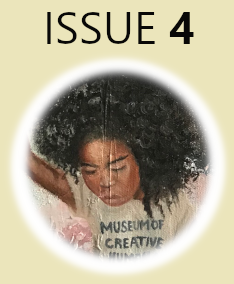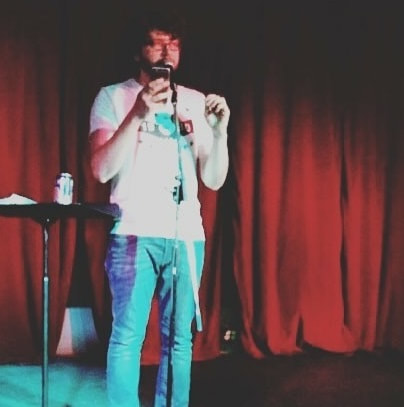|
MENTORSHIP RECIPIENT
Mentor Commentary:
Matt Weinkam Recipient Reflection:
Brandon Noel |
Dividing by PercentagesNonfiction by Brandon Noel
It’s the month of January. The Romans named it after Janus, a god who was never born. He dwells at the tangible limits of Earth and the outer extremity of Heaven, a watchman on the wall, an interloper. His head is like a gate, one face pointed towards the future and a second face, painted to look toward the past. A gross door, a passage of touching, Janus is the keeper of the forgotten, a sentinel of our remembrance, with granite, clay, and plaster for bones.
|




